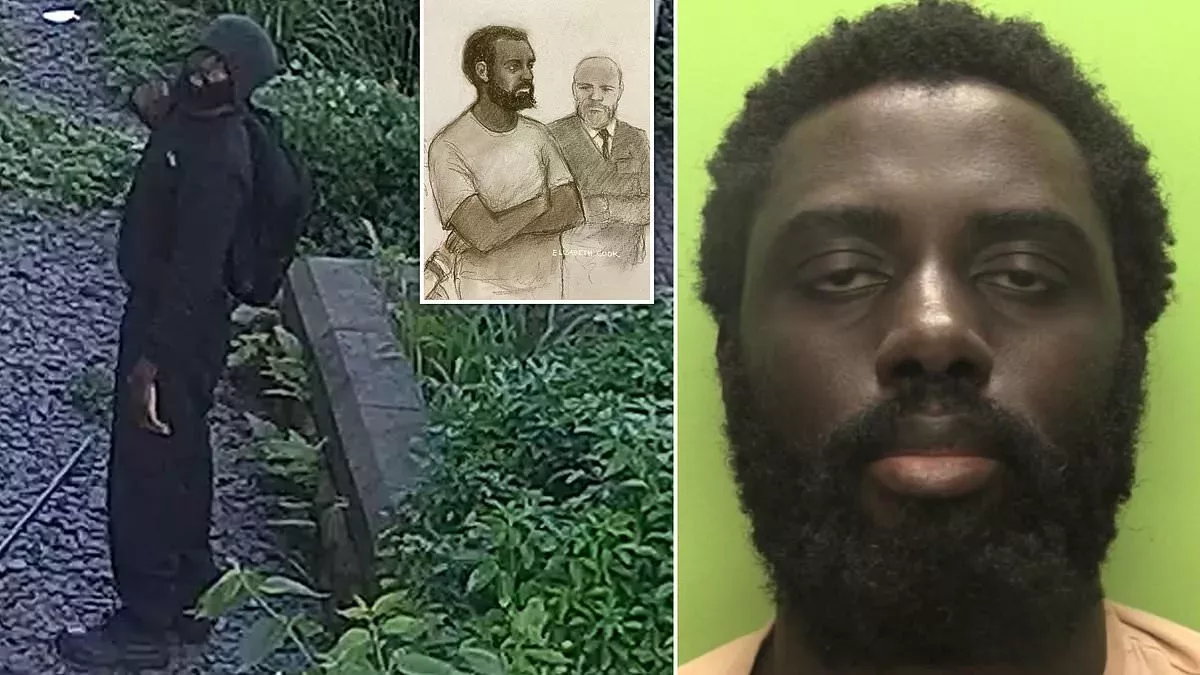The court was told on Tuesday that Calocane was born in Guinea-Bissau in West Africa, coming to the UK aged 16 with his family in 2007, having lived in Lisbon in Portugal.
………Nothing Relevant about that at all…his previous behaviour was sheltered, and excused..and even after this horrific act… we must now also sympathise with this ….insane killer.
In the latest heart-wrenching news gripping Britain, the brutal murder of three bright university students has shocked the nation. As a parent of two teenagers, one recently returning from university, the impact of this devastating incident resonates deeply. The victims, Grace, Barnaby, and the caretaker Ian Coats, fell prey to a merciless killer who, in a further act of brutality, attempted to run over pedestrians, leaving one critically injured.
The anguish of the parents is palpable as they recount their experiences. Barnaby’s mother faced the heart-wrenching decision of viewing her son’s body in the morgue, ultimately summoning the courage to give him a final kiss. Grace’s brother, grappling with grief, sleeps with her hockey shirt and wears her earring as a way to maintain a connection with his beloved sister. The father, too, is consumed by grief, struggling to articulate the profound pain that comes with losing a child.
The accounts from the parents underscore the enormity of the loss, with Grace being hailed as a hero for bravely attempting to defend her friend, sustaining extensive injuries in the process. The narrative shifts to the perspective of Ian Coats’ son, who bravely confronts the murderer with a demand for self-accountability.
Yet, the tragedy takes an even more frustrating turn when examining the legal proceedings. The killer has been charged with manslaughter, a decision met with disbelief and anger. The commentator questions the state of the British justice system, expressing concern over what appears to be a clear-cut case of murder being downgraded to a lesser charge.
Adding to the frustration is the revelation that the assailant had a history of arrests and hospitalizations, showing signs of paranoia and assaulting a police officer. Despite these red flags, a questionable psychiatric assessment deemed him non-threatening to the public, leading to his release and the subsequent horrifying events.
The commentator voices concern over what they perceive as a weakening justice system and a growing tolerance for criminal behavior. The apparent inadequacy of the psychiatric evaluation raises questions about the influence of societal perspectives on mental health in the decision-making process.
The grieving parents’ statements about their lack of faith in the justice system resonate with the commentator, reflecting a broader sentiment of dissatisfaction with what is perceived as “soft justice” in the country. The tragic narrative unfolds against a backdrop of repeated arrests and hospitalizations, raising important questions about the efficacy of the legal and mental health systems.
As the community mourns the loss of Grace, Barnaby, and Ian, the commentator expresses deep sympathy for the families and underscores the need for a critical examination of the factors contributing to what they perceive as an unjust outcome. The tragic story serves as a stark reminder of the broader societal issues surrounding mental health, criminal justice, and the quest for accountability.
